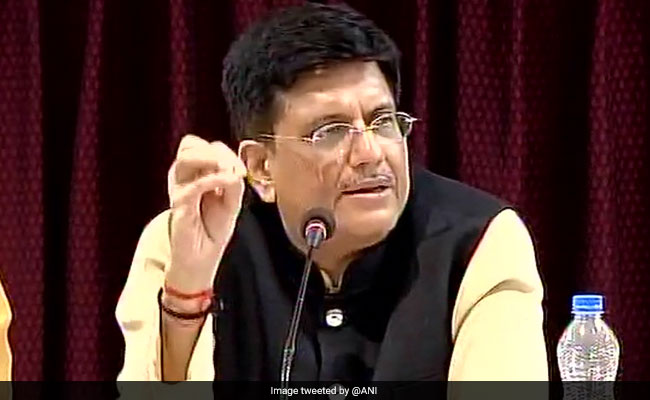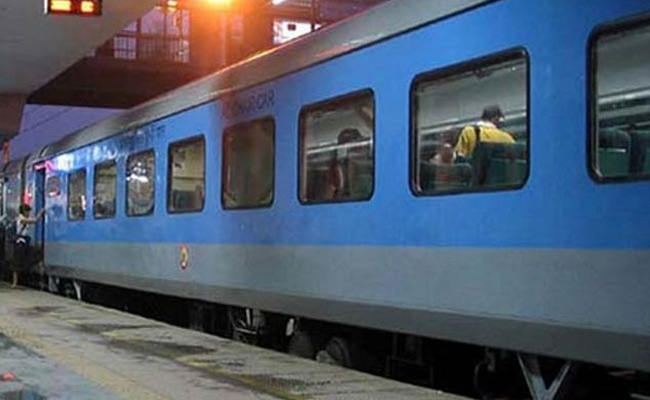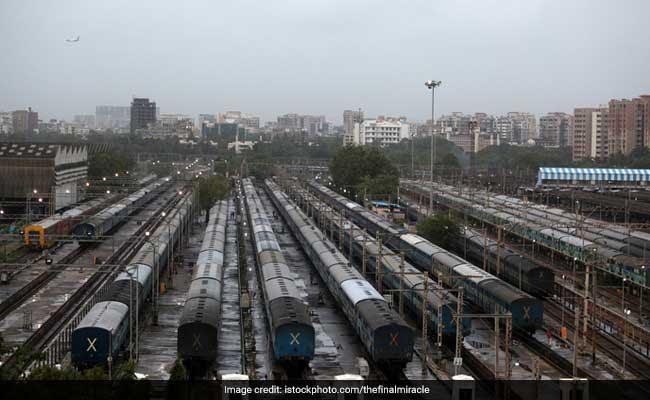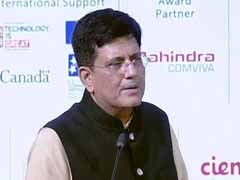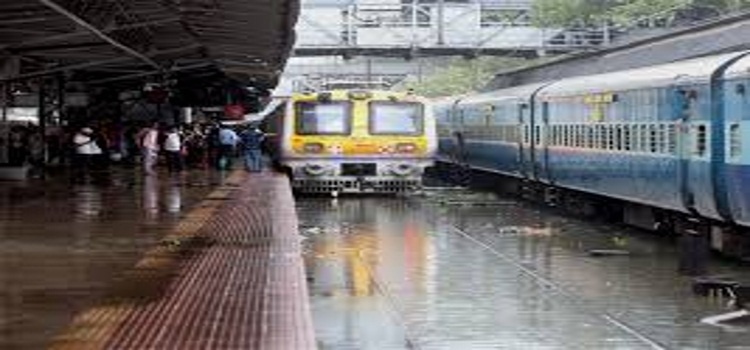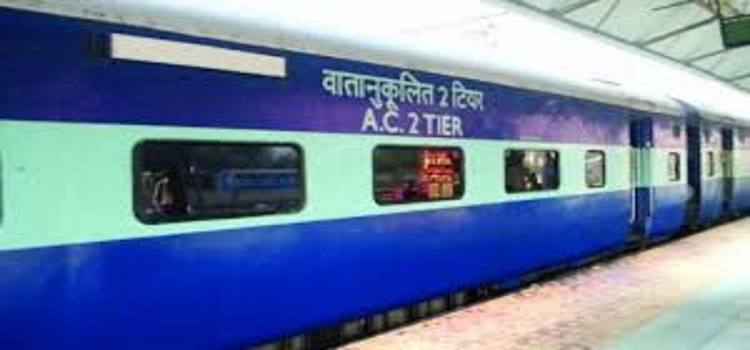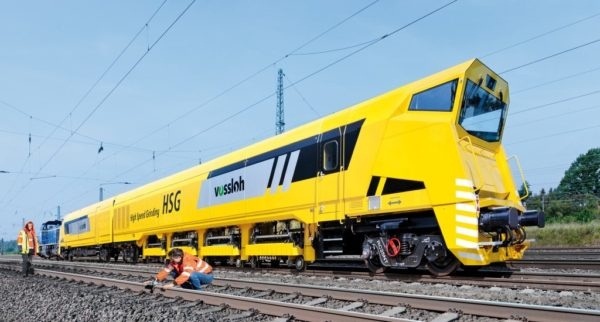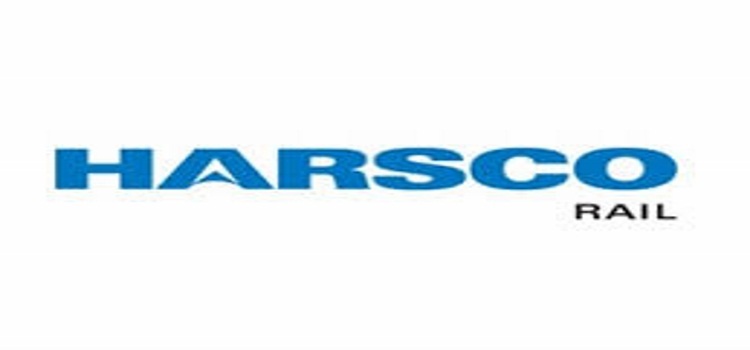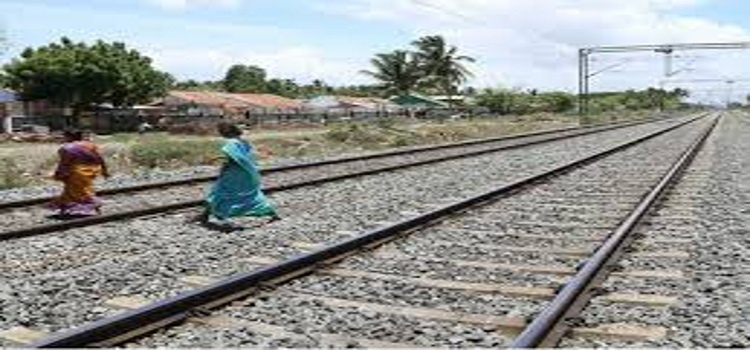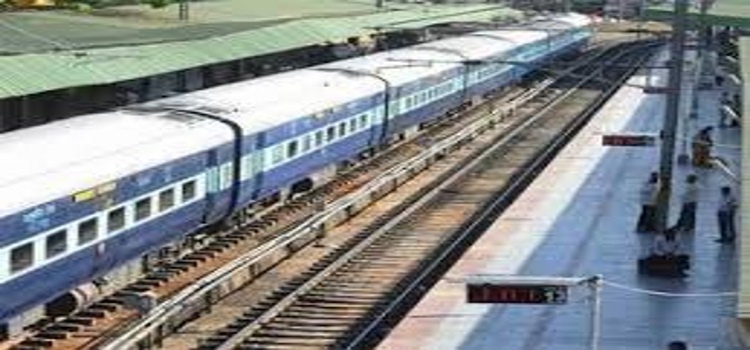
The government is keen to ensure that it reaches an accord with General Electric over the diesel locomotive project that the US conglomerate is setting up. Indian Railways faces a potential liability of Rs 1,300 crore if it terminates the contract with GE for making diesel engines at Marhowra in Bihar.
“We’re working with GE on the possibility that no party loses anything,” the official said. “Their officials have told us they’ll get back in some time.” While the railways doesn’t regard the penalty as a large amount relative to the savings it will make in the event of a fully electrified network, the government nevertheless expects to reach an accord with GE without resorting to termination. “As per the exit clause, we’ll have to pay Rs 1,300 crore to the company and we’ll also lose equity in the project,” a top railway official told. “It’s not a huge amount given that the savings on account of 100% electrification would be Rs 8,000 crore a year. However, we have no intention of terminating the project and have already offered GE to use the same facility to manufacture either electric locos among many other options.”
In case the railways decides to exit the project, the move would have to be cleared by the cabinet. The project involves an investment of Rs 1,300 crore by GE on 200 acres provided by the railways as its equity contribution, along with an infusion of Rs 100 crore. GE on Tuesday cautioned the railways that it would incur substantial costs in case it went forward with changes to the joint venture. The company also said foreign investment in India will take a hit if this happens. GE executives confirmed that the railways would be liable to pay Rs 1,300 crore. However, the company is yet to analyse the legalities and the liability could be higher in case of termination, they said.
Railways has a total fuel bill of Rs 25,000 crore, out of which Rs 16,000 crore is for diesel and the rest for the purchase of power. The diesel bill would come down by half with 100% electric traction. The prototype of the GE locomotive is to reach India on October 10 after which the Research Designs and Standards Organisation (RDSO) will run tests on the unit. According to the terms of the agreement with GE, the railways will procure more engines after RDSO approval.
The railway ministry signed the contract to manufacture 1,000 diesel locomotives in Marhowra with GE in 2015. The company was offered an assured offtake worth Rs 14,600 crore over a period of 10 years. However, when Piyush Goyal took over as rail minister earlier this month, he declared his intention of having a 100% electrified rail network. The railways has said it won’t require any more diesel locomotives as the remaining 34,000 km of rail network will be electrified in the next four years. India has a 64,000 km rail network.
Study the rise in India-risk, examine options to mitigate this
Cancelling the $2.6 billion diesel locomotive contract with GE, should that happen, would be unfortunate given the questions it raises and the signals it sends. If, just two years ago, this very government thought it needed 1,000 diesel locomotives over a decade, and this is now considered unnecessary, it calls into question the type of planning being done. But if railway minister Piyush Goyal is convinced about his maths, that he will save around Rs 8,000 crore a year by full electrification, he is well within his rights to explore the option of cancelling orders for 1,000 diesel locomotives. His calculations, that the prime minister needs to independently ratify given the enormity of the decision being taken, have to include the feasibility of being able to achieve 90% electrification by 2021—from 45% right now—and factor in various scenarios that include different tax levels on diesel/electricity as well as the feasibility of using electric locomotives in all railway stretches, the need for back-up locomotives, etc. Assuming the maths adds up, it would be foolhardy to not recommend what Goyal is suggesting. After all, when there is a big technology change, both individuals and companies do scrap existing equipment/agreements and move on. In the power sector in India, right now, older PPAs that are very expensive are being sought to be scrapped and replaced with less expensive ones—one of the solutions being examined to lower Delhi’s power costs, for instance, revolves around scrapping some existing PPAs. Cancellation of agreements is a global phenomenon, so if the cancellation does happen, it is important not to portray the event as something that has never happened anywhere in the world before.
But in the final calculation, it is important to factor in the big rise in the India-risk as investors baulk at investing, especially given other unfriendly government policies that this newspaper has written about in sectors like telecom, pharmaceuticals, electricity and agriculture, among others. Once the cancellation takes place, both Indian and foreign investors will look for a higher reward-risk ratio before making new investments, and they will be extra-cautious in areas with a large government role; we are already seeing investor hesitation in the power sector where some electricity boards are trying to renegotiate PPAs signed just a few years ago. If, despite this, the government decides to go ahead and terminate the GE contract, it is critical that it pay all damages and not try to renege on these or negotiate to lower them. Normally, apart from the usual damages clauses that all agreements have, there is the option of going in for arbitration, whether locally or globally. India’s record here, however, is very poor—in the Cairn/Vodafone/Reliance cases, it has tried to delay proceedings several times and, in the DoCoMo case, it even argued against implementing the award even though that was against the Tatas and not the government. At the end of the exercise, India has to convince investors this is a one-off exercise, and that’s not going to be an easy task.
